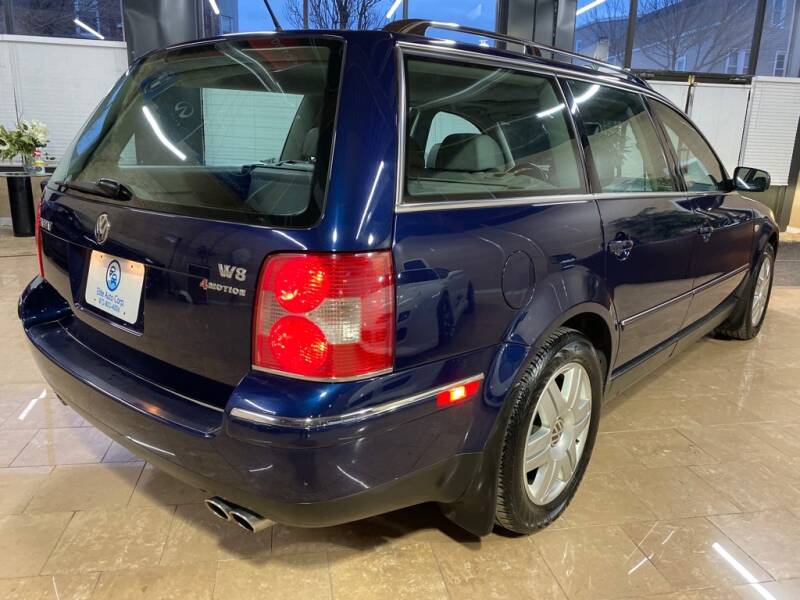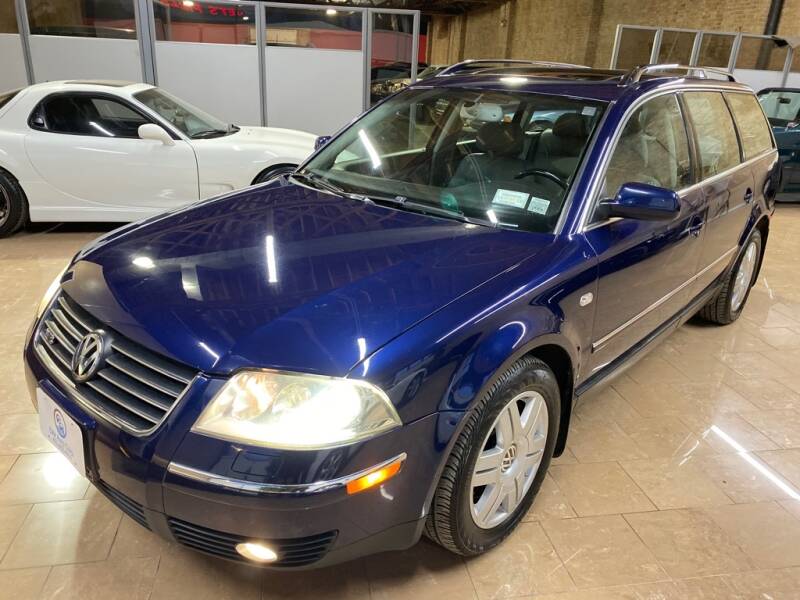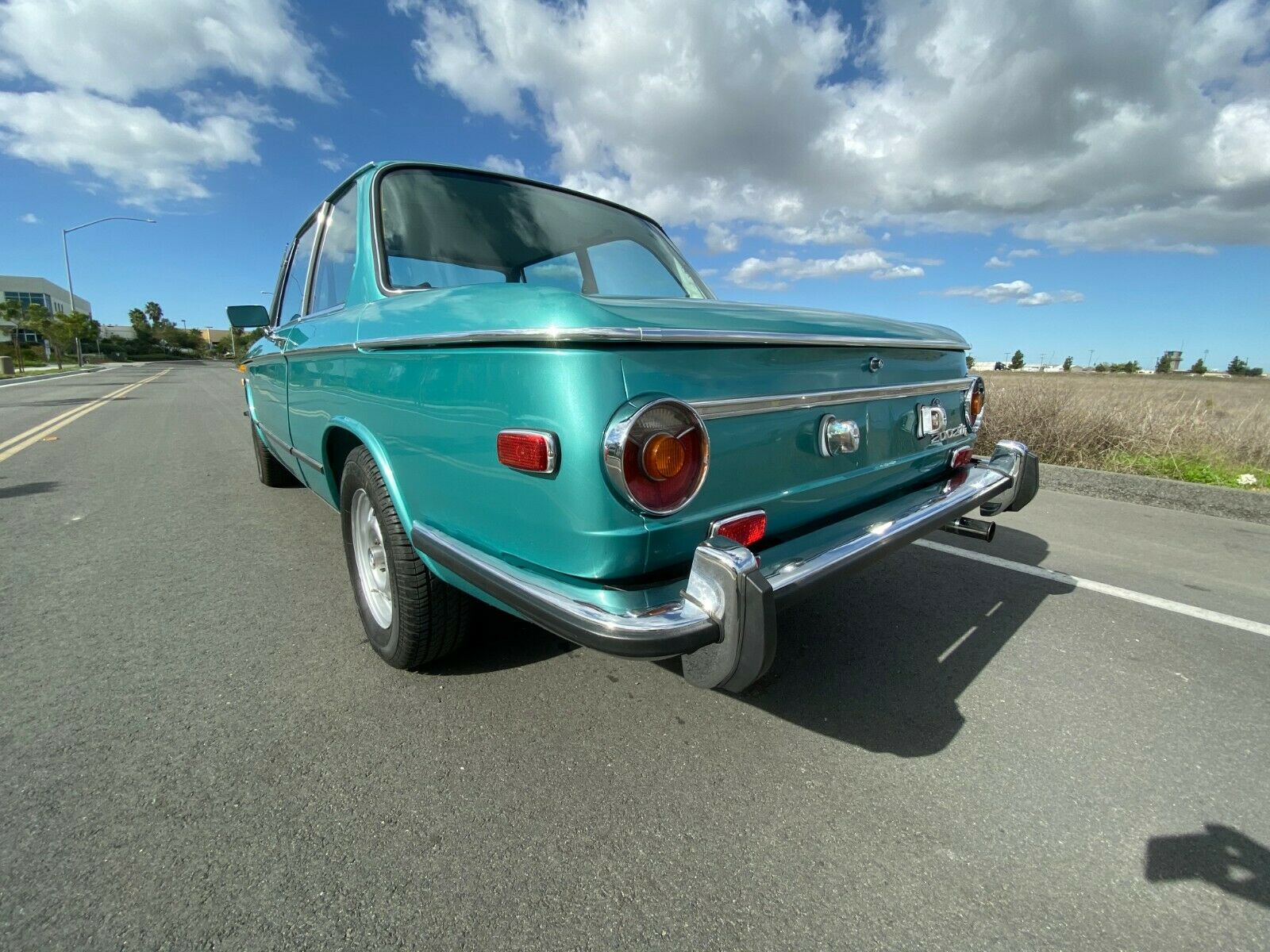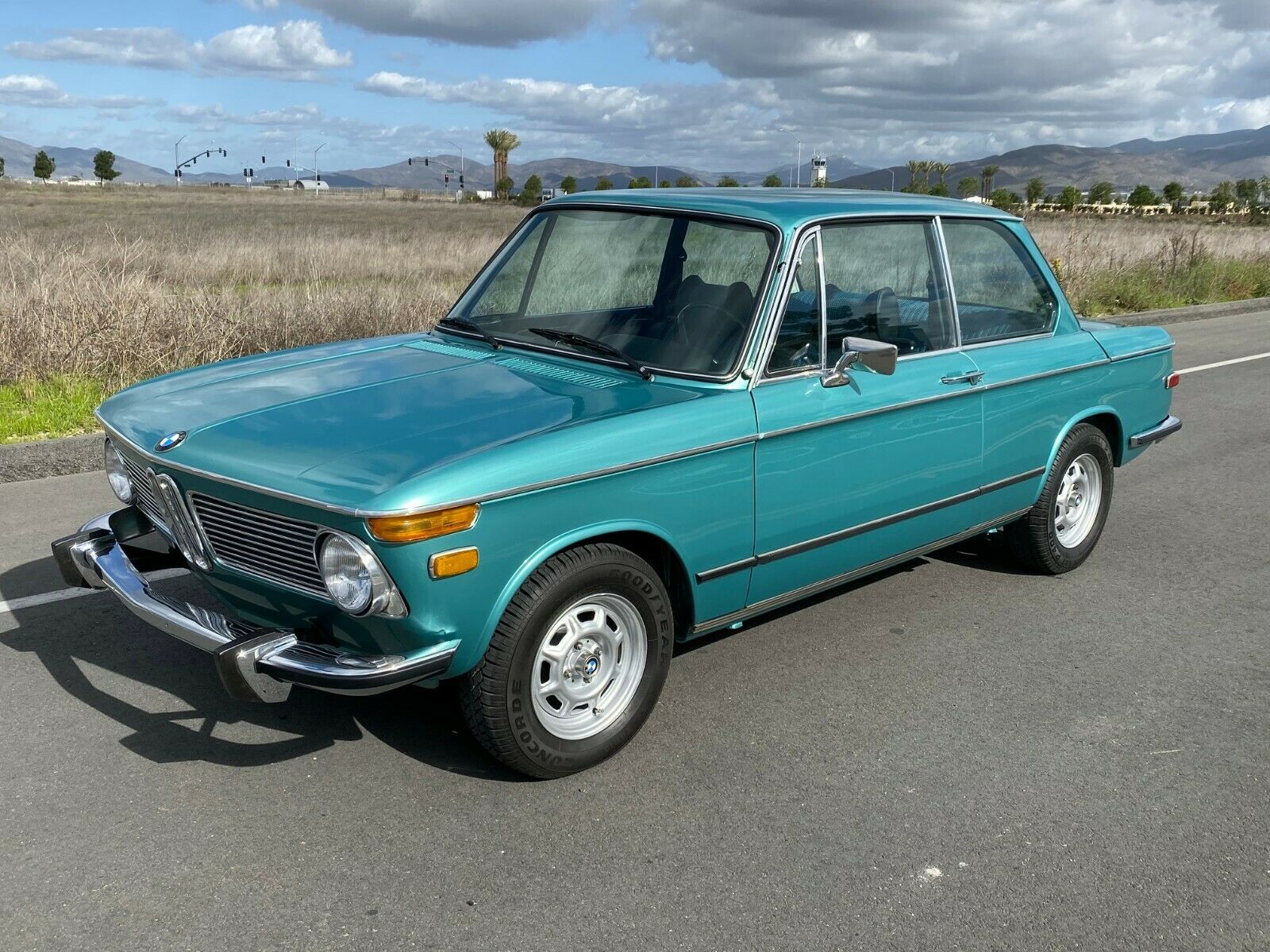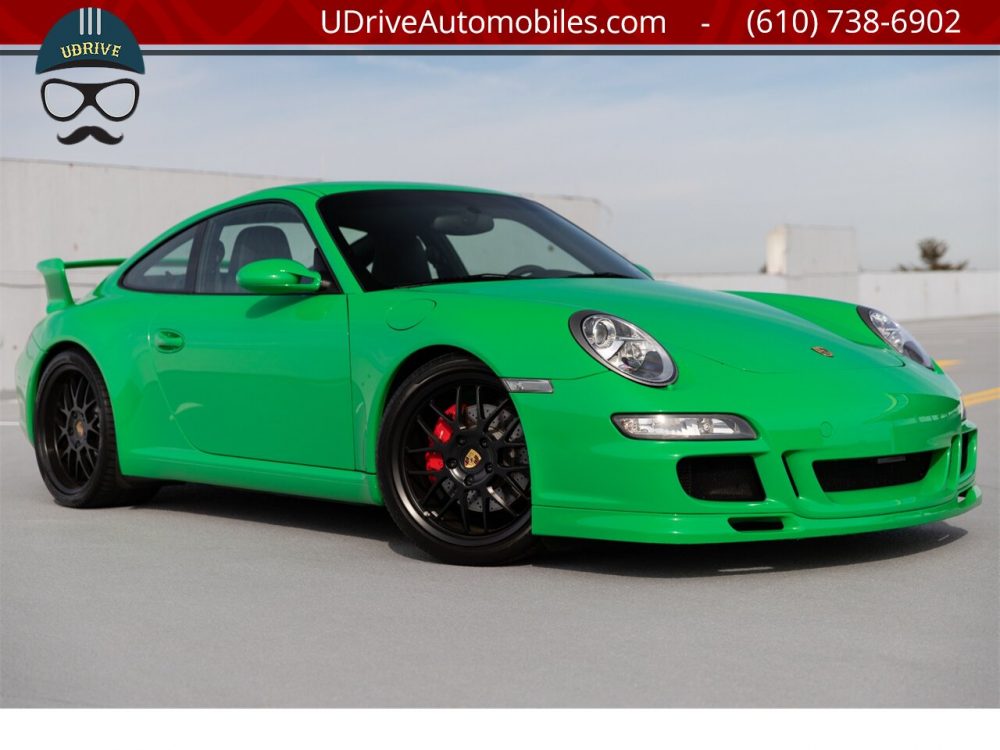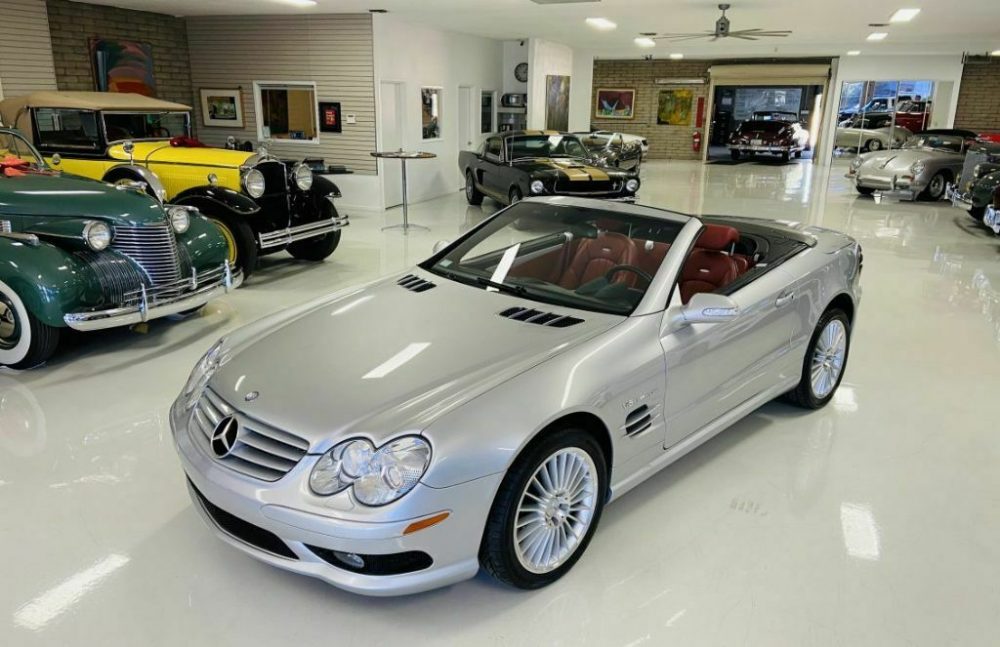Last night I watched Netflix’s Dirty Money documentary on the Volkswagen diesel saga. As amazing, and interesting, and disturbing as I might have thought it was on Saturday, the revelations outlined in the documentary draw the company’s ambition – and moral ineptitude – into much stronger focus. Seriously, they hatched a plan to gas people (or, as it actually turned out, monkeys) basically to death to prove that their dirty diesels were oh-so-slightly better than a Ford F250. On one hand, I can see the point of what they’re hinting at, and indeed – unregulated truck emissions are probably a bigger problem in the U.S. than 500,000 Volkswagens – but then, seriously VW? You saw no problem with a German company suggesting introducing gas into a chamber with a person inside might have a historical overtone?
Beyond that, and I promise it’s worth the watch even for the head-shaking nature of the outcome, was Ferdinand Karl Piëch. Indeed, he’s almost glazed over but for a momentary introduction with a diabolical ‘Mr. Burns’-type soliloquy. Piëch’s incredible, insatiable drive to have Volkswagen be the world’s number one company was certainly at the heart of the TDi. But it was also at the heart of this car.
The flip side to VW’s TDi debacle was, of course, the push to move Volkswagen upmarket. Re-integration of Audi technology and build-quality into the top-tier products was paramount, and the result was of course the spectacular in execution (and failure in the U.S. market) Phaeton and the entire Passat B5 lineup, but primarily the W8. Let’s take a look at this lower-mile example of a wagon for sale today:
